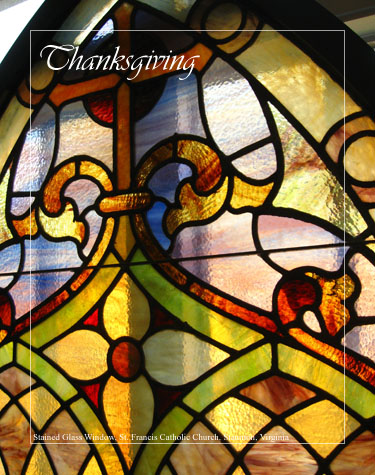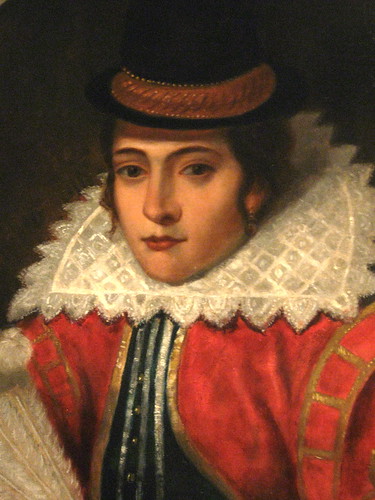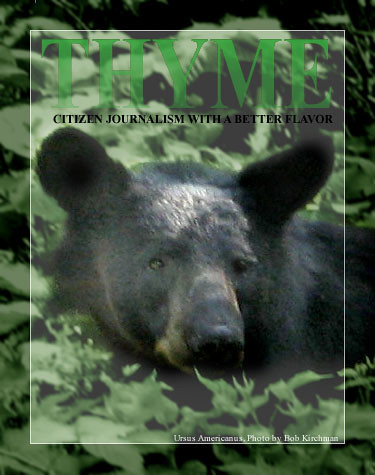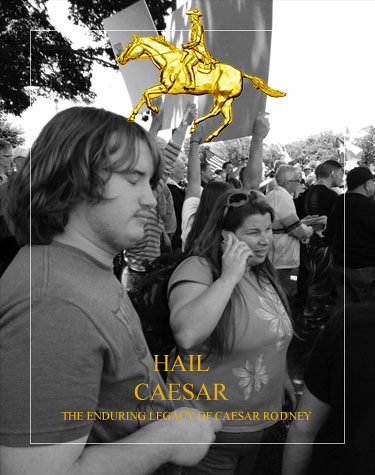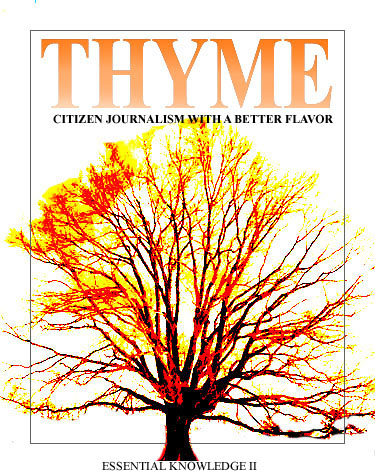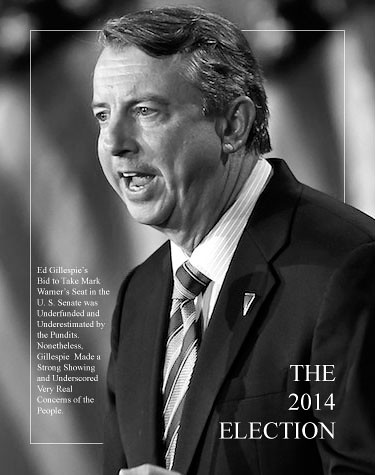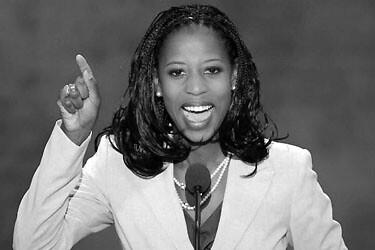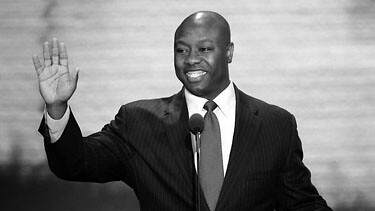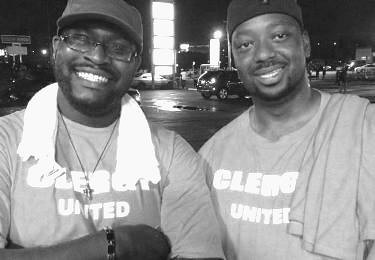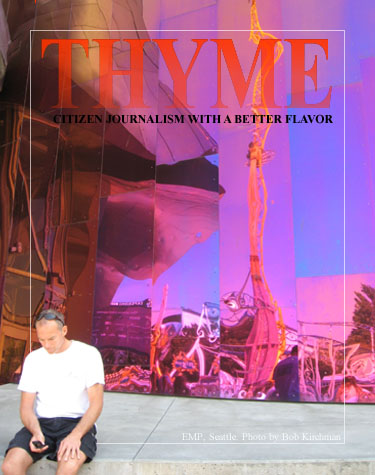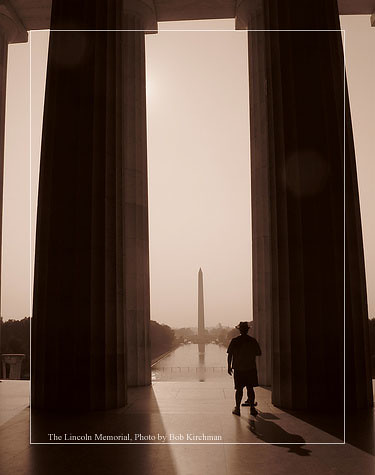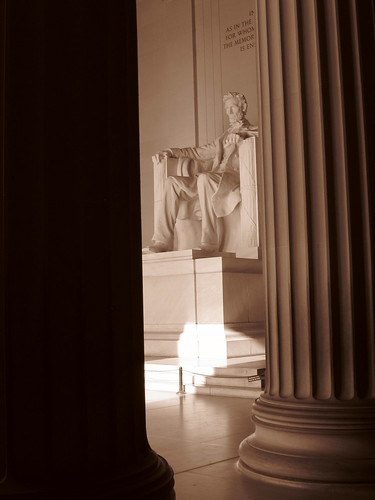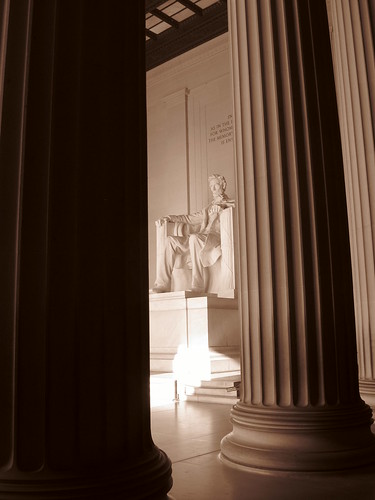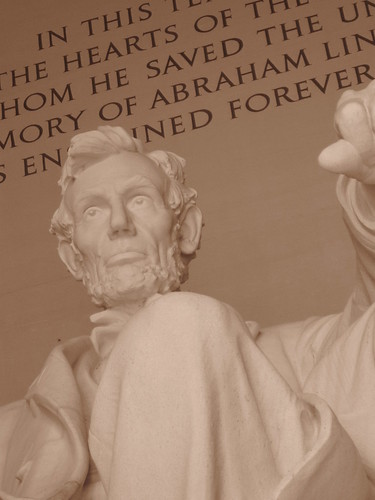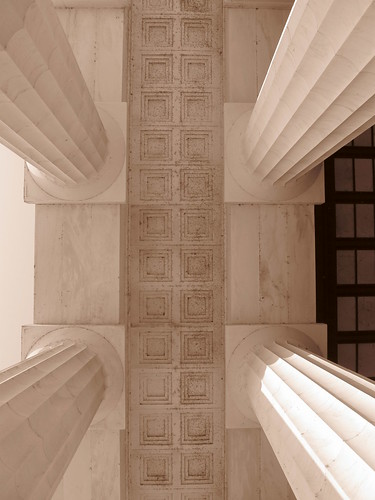
Volume VIII, Issue XXIII
The Forgotten Season
The turkey leftovers were still cooling when the much media hyped 'Black Friday' events began. In a Long Island Wal Mart, a young associate was trampled to death as bargain hunters literally broke down the doors. A young man had to die because twenty dollars could be saved on flatscreens. Managers closed the store and someone actually was irate that he couldn't get in. Come on, if a colleague has died, its 'Game Over' on the shopping frenzy. Close the store and try to help the poor man's significant others. To hell with reopening for the remainder of the day! Management reopened the store at one o'clock that afternoon. Satirical publication 'The Onion' came out with a story where thousands were 'reported' to have died in Black Friday shopping. I did not find it funny. One death to satisfy the greed gods is too many. Our prayers go out to the family and friends of this young man. May they find comfort.
Lost in the madness of Black Friday, Cyber Monday and yes, even Small Business Saturday is the wonderful celebration of Advent. The high churches still celebrate it. It is a time of waiting and preparation for the miracle to come. It is so un-modern! It ties us to history. The traditions of Judaism are full of waiting. Abraham and Sarah saw the child of promise when they were way past the age of child bearing. I sometimes think of one-hundred year old Sarah as a preschool parent and join her in her laughter! Then there was Joseph and his imprisonment, followed by hundreds of years of exile in Egypt. We often think about the Promised Land, but we forget that all Promised Lands seem to require a prep!
In fact, there came a time when people forgot the lessons of the brick kilns and lost the Promised Land to the Babylonians and the Persians. The Temple, center of worship, was destroyed. But it was in this time of living as expats that the community of the Synagogue strengthened the people anew. Ezra and Nehemiah presided over a return to the land of promise. Again, the promise required a prep. As the exiles built the prosperity of Persia, they prepared themselves for the time when they would build their own.
A second Temple was built. The exiles returned. Then came the great empires of the Greeks and the Romans. The Temple was rebuilt, but the heavy hand of Roman rule presided over a time of trouble. Many looked to the future Messiah to put things aright. Indeed, there were many who claimed to BE Messiah. They came and went. But in a time when Heaven seemed so distant, there came another child of promise... to a couple way past child bearing. John the Baptist, a "Voice crying in the wilderness," came saying: "Prepare ye the way of the Lord." At the same season of history, his mother Elizabeth's cousin Mary came to visit.
Mary had been visited by an angel and told that she, a virgin, would bear the child of promise. Though this was an incredible blessing, she faced the prospect of unwed motherhood... in a culture that stoned you for it. Her betrothed, however, had also been given a message from Heaven, that he should take her for his wife. What incredible faith and love! When I chose my Confirmation name, as a boy, I took the name Joseph. It was not that I ever thought I could match such selfless love, but that I so admired it! Even to this day, some of the people I admire the most are those men who have stepped into the lives of children they did not physically father, and yet have earned the name Dad nonetheless! These men live as both an example and a challenge to me. Some of them are my juniors in years, but they far surpass in their maturity!
Such are the lessons we miss if we merely content ourselves with instant gratification. There is an old saying: "Rome wasn't built in a day." Indeed our own nation cast off from its sure position as an English colony to pursue an uncertain future. In 1812 England returned to burn the young country's capital. The White House is so called because its sandstone outer walls had to be painted after the burning left them permanently blackened. By the middle of the Nineteenth Century, however, Isambard Kingdom Brunel was building great ships to strengthen Bristol's trade with America. A hundred years after barely surviving her revolution, the nation we know had taken her place as a world power.
Why Advent is Important to Artists [click to read]
We do well to celebrate Advent, though it is largely forgotten in the popular narrative, because it causes us to pause and prepare. In a world where preparation is limited to four years it does us good to remember the lessons of centuries. Advent allows us to step back from our busy lives and ponder timeless truths... like the man that the Bethlehem baby grew to be. He too died, some say on a Friday, but his death was not just his own. Did He indeed carry the sins of the world? The account of His Resurrection causes us to ponder mysteries far greater than ourselves and our puny wants. In our next issue of THYME we will ponder more wonders and present some compelling evidence that we should indeed consider the life of this man. (to be continued)
Photos Around Staunton

Snow highlights this house in Staunton, Virginia, designed by noted architect T. J. Collins. Photo by Bob Kirchman
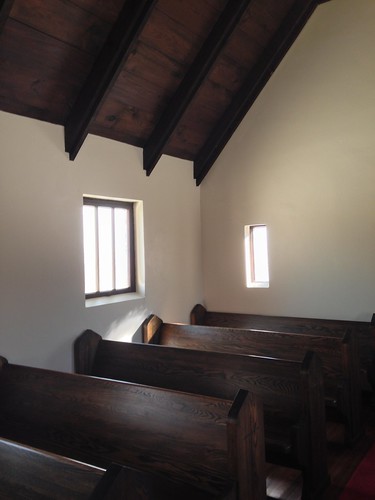
The firm of T. J. Collins also designed The Church of the Good Shepherd which was built in 1924. The sanctuary originally had oil lamps. Photo by Bob Kirchman

Isn't this a great message! When I saw this, I smiled back!
Photo by Bob Kirchman
Paul Smith's Typewriter Art
A man with severe cerebral palsy creates amazing compositions on a typewriter!
